
International Women's Day 2021 - #ItsNotJustADay
This International Women’s Day, we want to highlight the importance of supporting females every day. We’re using the hashtag #ItsNotJustADay to remind other organisations that championing strong women is an ongoing commitment.
We want to celebrate all the female leaders within our network that we have the pleasure of working with, through a snapshot of the past 12 months:
Read more about our fantastic events, as well as keeping up to date with future plans, here: https://www.emearecruitment.com/events
All past episodes of the EMEA Recruitment podcast are available here: https://www.emearecruitment.com/podcasts
You can also find out more about the wonderful members of our team through their profiles: https://www.emearecruitment.com/our-team-members
We’re also proud to reveal our latest initiative to promote Diversity & Inclusion in the workplace. We are supporting the Boardroom, an exclusive, members-only club for senior women leaders in Switzerland, founded by Diana Markaki.
According to a recent PwC report, Switzerland lags significantly behind the international field in terms of gender diversity; only 16% of board members at the 100 largest Swiss companies are women. the Boardroom hopes to create and cultivate an active pipeline of qualified female leaders to fill corporate board positions.
the Boardroom is a strong network that supports and encourages women to achieve their professional goals, enables companies to retain and promote senior female talent, and helps boards achieve gender parity.
Not only does the Boardroom help female leaders land a board seat, but it also helps them succeed when they get there.
Are you looking to promote gender equality in your organisation? Your female leaders could benefit from the education, coaching, networking and inspiration of the Boardroom. Please contact Diana Markaki to find out how to apply or to ask any questions you have: https://www.linkedin.com/in/diana-markaki/
If you have any questions or comments regarding Diversity & Inclusion, please contact Charlotte Cruise, our ED&I Ambassador.

EMEA Recruitment Welcomes Michelle Ewing to the Board of Directors
It is with great pleasure that we welcome our Netherlands Country Director, Michelle Ewing, to the board of EMEA Recruitment as she becomes a shareholder and owner.
We are proud to welcome another female board member to EMEA Recruitment, at a time when Diversity & Inclusion is becoming an increased focus for the business.
In 2020, Michelle led our Netherlands team to continue offering a bespoke recruitment service to the changing needs of our clients. She also oversaw the launch of our Procurement & Supply Chain division in the Dutch market, as well as hiring Katie Insley, an Associate Director, in our HR team in the Netherlands.
Michelle’s support also saw the promotion of two other members of our Dutch Finance & Accountancy division: Hannah Mallia to Director – Finance, and Jenny Callum to Associate Director.
Prior to her success in our Netherlands team, Michelle managed our Switzerland Finance & Accountancy team. She has always remained a hands-on recruiter, and is a specialist head hunter for middle, executive and senior level Finance roles.
Michelle has over 16 years’ experience in recruitment and will celebrate her 7-year work anniversary with EMEA Recruitment later this year. Michelle has an extensive professional network, which she continues to expand through her involvement in our events and Executive Interviews.
Richard Bailey, our Managing Director, is proud to welcome Michelle to the board: “EMEA Recruitment has grown significantly since Michelle’s arrival; much of our growth stems from her energy and positive attitude towards exceeding expectations for all candidates and clients.
“Our team have her full support and it’s great to welcome Michelle to the board, as we continue to plan further growth.”
We congratulate Michelle on her latest success, and look forward to many more years of her expertise and guidance.

Can Remote Working Build Trust & Loyalty Between Employer & Employee?
Almost overnight, the COVID-19 pandemic transformed the work experience for millions of people across the globe.
For Human Resources (HR), the impact has been huge. Rarely has the spotlight shone so brightly on this function, and many have felt the strain as they do their best to support their employees through this incredibly difficult time.
In particular, the huge rise in remote working has exposed flaws in many employers’ benefits packages, and benefits and wellbeing management systems.
It is important to remember that such dramatic workplace changes, such as remote home working, undertaken for sustained periods, can be both isolating and not suitable for employees accustomed to coming into an office every day. So, the need to link remote working employees and look after their wellbeing has never been greater.
Flexible working is a theme that’s gained a lot of traction in recent years, but ultimately simply refers to a way of working to suit an employee’s needs. This can mean making adjustments to start and finish times, to allow an employee time to drop off/pick up a child from school, or even working from home where necessary.
This simple gesture can improve an employee’s loyalty to their employer, can make them feel more motivated and can also start to tackle some Diversity issues: with almost no geographical restriction, there will be a bigger pool of candidates to consider, it is a better option for working parents, and will benefit candidates with physical or mental disabilities.
Employers need to recognise there will be no return to ‘business as usual’ for the foreseeable future and, instead, they need to adapt to the ‘new normal’. They must ensure their employees’ changing needs are supported, no matter where they’re based.
Employees have been forced to cope with unprecedented change, but this can also be a unifying experience that helps build trust and loyalty between employers and their workers, and this must continue to be nurtured.
The current crisis has also highlighted the fragility of many employers’ existing employee benefits systems, many of which weren’t designed to be accessed or managed remotely. Employers without digital solutions that are fit for the future of work will find it increasingly difficult to cope with the demands.
Overall, it's important that, during this testing time, HR will focus on ensuring the working wellbeing of its people to ensure that they are fit for purpose in the ‘new normal’. This will sustain your competitive advantage and establish your credentials as a responsible employer.
We understand the unique challenges of Human Resources recruitment. If you require support with your HR recruitment needs, please contact Keely Straw to arrange a call on: +41 41 588 1876 or email: [email protected]

Valentina Coco Joins as an Ambassador of EMEA Recruitment
We’re pleased to announce that Valentina Coco, a long-time associate of EMEA Recruitment, has joined as an Ambassador.
Valentina has a wealth of experience within the Finance sector across Switzerland, having worked with some of the most well-known and respectable organisations in Switzerland, such as Procter & Gamble, General Mills and Ecolab.
Our recruitment team will benefit from some fantastic in-house training supplied by Valentina.
Valentina, most recently lead the Equity vs. Equality training for employees at EMEA. During this training she presented us with four challenges: societal access, bias and tokenism, the pipeline gap, and the impact of COVID-19.
Alternatively, with her experience as a Financial Analyst, Finance Manager, Supply Chain S&OP Manager, Supply Chain Finance Business Partner and Senior Controller, she can provide valuable insights on the challenges and changes within the profession.
With a better practical understanding of their respective professional disciplines, our recruiters will benefit by being better prepared to match candidates to roles with our clients.
On behalf of EMEA Recruitment, Valentina will also regularly speak and engage with clients and candidates at networking and seminar functions.
We regularly discuss the skills required for Finance professionals, including Finance business partners, in the changing world through the EMEA Recruitment podcast. To hear from leaders and experts in this industry, view our most recent episodes here: https://www.emearecruitment.com/podcasts
We are proud to have welcomed Valentina as our official Ambassador, to continue educating and engaging our staff, as well as our entire network.
With Valentina’s knowledge, we hope to bring you useful thought leadership on all things related to Finance & Accountancy. Look out for Valentina on the EMEA Recruitment LinkedIn company page, at our events and on our website's News & Insights feed.
We look forward to continuing our relationship with Valentina and welcome her to her new role.

Swiss Recruitment: Onward to 2021
2020 did not follow any previously established pattern in the Swiss recruitment world. In Q1, we already had started seeing some drop-off in candidate movement related to APAC and the (at the time distant) pandemic.
Q2 was an interesting moment. The Swiss employment market slowed almost to a halt in some key sectors, but the underlying caution at the regional level ensured that it never felt catastrophic. Key positions and some essential contract/project roles contributed to movement in the employment market.
Q3 saw some recovery, as the realisation that some sectors were performing well versus the essential restructuring in others set in. Thankfully, the budgeting season we have historically seen always increase recruitment activity came back, albeit later (mid, rather than beginning of, November).
We can speculate quite confidently that some essential headcount had to be approved, and in some cases fixed-term contracts replaced permanent positions as a (hopefully) temporary measure.
So, what of 2021? A useful indicator EMEA Recruitment uses at year-end is January performance.
If January continues as busily as December, then we can predict at least a good first half of the year, as companies catch up with recruitment moves replacing or backfilling from the moves at the end of the preceding year. It is necessary to add a caveat here, though. Many clients remain apprehensive about the potential end date of lockdown, as well as the economic repercussions, which some feel we have yet to see.
Regardless, we can all agree these are exciting times, and recruitment requirements in Finance in Switzerland remain unpredictable. We certainly hope to see focus gradually swing back to technology (automation and predictive analytics) and how this can improve the efficiency of international Finance functions.
We would love to hear about your experiences in 2021 so far and how you think the pandemic may impact your recruitment processes moving forwards.
Contact our Director - Finance, John Bower, on [email protected] to discuss further or for any assistance with your recruitment needs.

How to Work from Home Successfully
As 2020 came to an end, a lot of us reflected on what last year meant to us, especially working from home.
In March, when the majority of employees were asked to work from home, it was an exciting prospect. It gave us the flexibility that working from the office full-time couldn’t offer. We welcomed the idea of not having a commute and the luxury of being able to make your own lunch everyday with open arms.
However, as we look back on last year, there are definitely some things we want to change in 2021, in order to make our working from home environment even more productive and beneficial. One of the best things about being in the office is being able to see your co-workers.
Although we won’t be able to have office catch-ups in person for a while, planning virtual coffees has been one way of keeping in regular contact with our colleagues, where we can catch up on life outside of meetings!
This is one of the five things we want to change this year, so here are some tips for working from home that we're taking with us into the New Year:
- Pretend like you are going into the office – When working from home, try to prepare as if you were going into the office. Make a coffee, wear a nice outfit (try to avoid sweatpants!) and give yourself a chance to wake up before logging on.
- Structure your day like you are in the office – At home, you are your own manager. Make sure to segment your tasks over the course of the day, to avoid getting burned out or losing focus.
- Get some fresh air – Weather permitting, it’s important to try and get out if you can. Even if it’s a quick walk around the block!
- Work when you’re most productive – It’s natural for your motivation to rise and fall throughout the day. Make sure you understand your working pattern to capitalise on your most productive periods.
- Stay connected – Video calls are a great way to break up the day and keep in touch with your colleagues.
If you have any other tips for working from home successfully, let us know by contacting Neil Cope at [email protected]

EMEA podcasts
The EMEA Recruitment podcast welcomes guests from across our network and beyond to share their career journeys, advice, and inspirational stories.




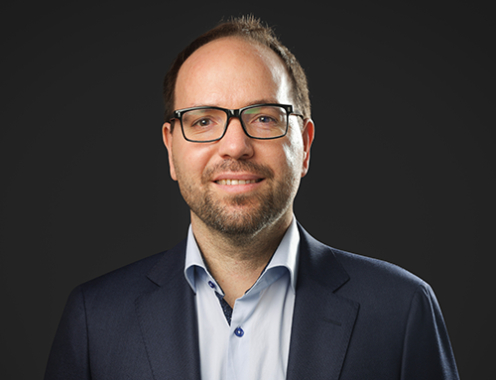


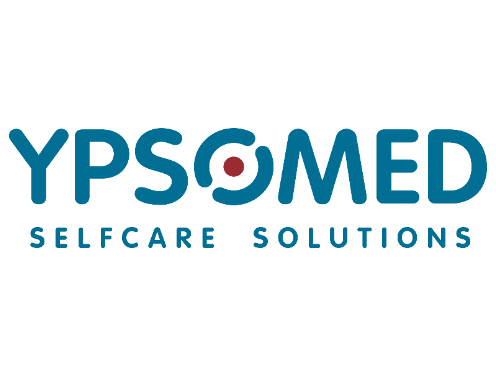

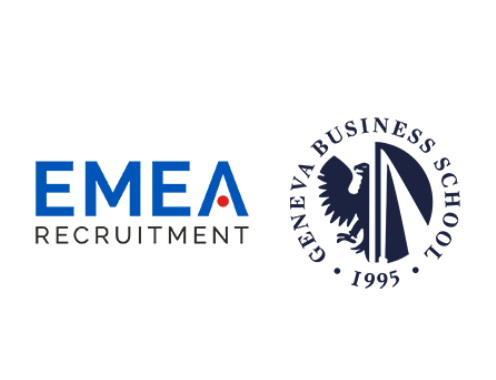
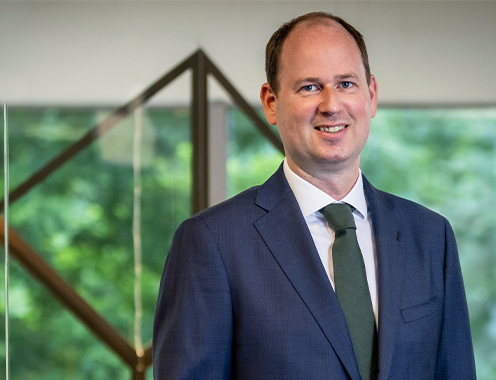


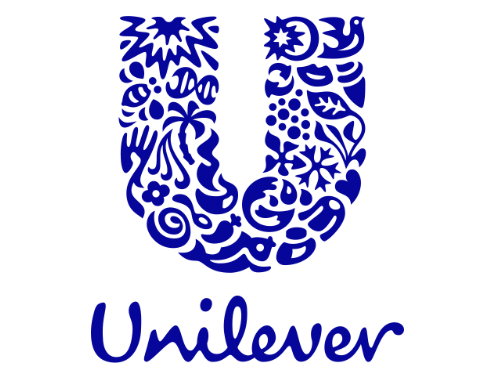
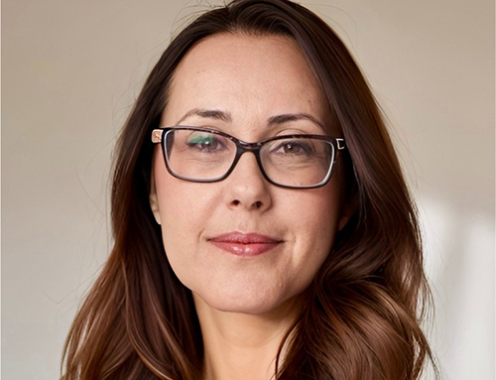

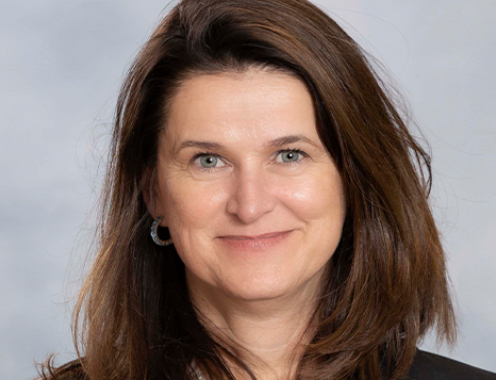

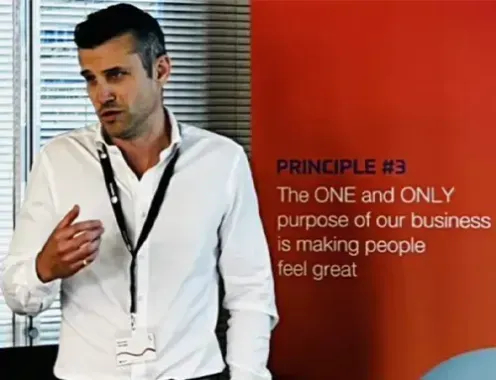





You can also use your social account to sign in. First you need to:
Accept Terms & Conditions And Privacy Policy